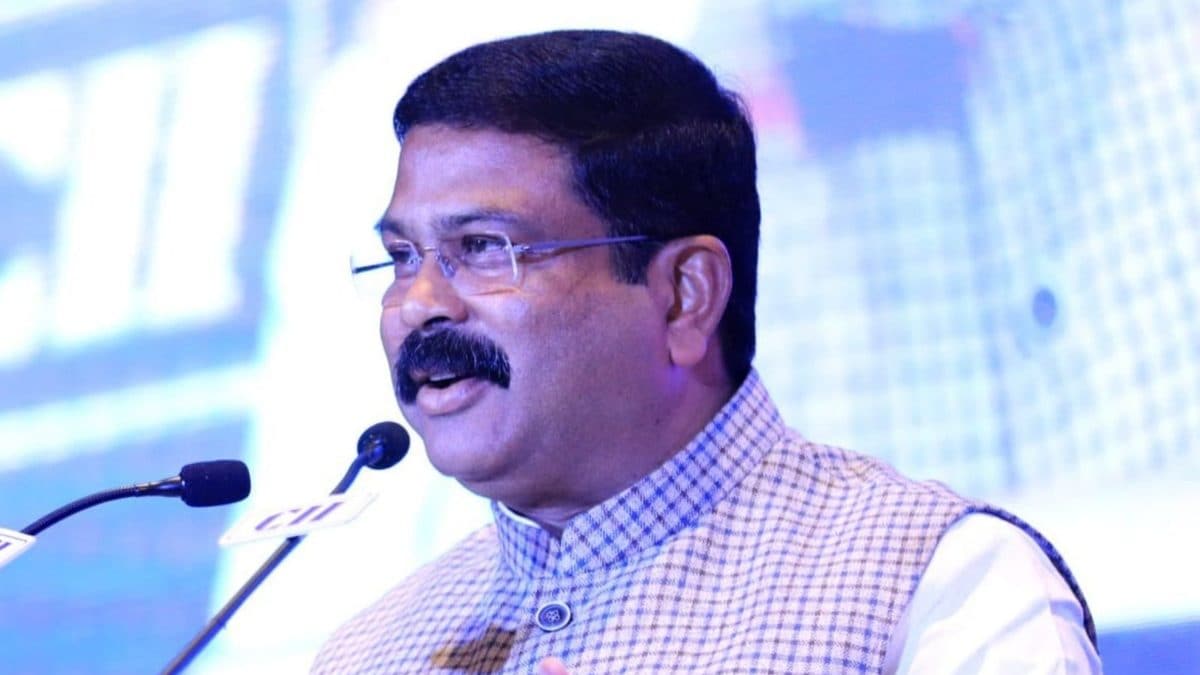As many as 300 institutions will be developed as centres of excellence (File Photo) (File Photo)
The capacity building of teachers is a priority and from this academic year with 300 institutions including 100 from school education, 100 from higher education and 100 from skill will be developed as centres-of-excellence
The Akhil Bhartiya Shiksha Samagam (ABSS) 2023 concluded with education leaders resolving to work collectively for transforming India into an equitable and vibrant knowledge society. Union Minister of Education Dharmendra Pradhan during his valedictory speech said to develop 300 institutions as centre of excellence. Further, the minister said, “Shiksha Parivar is committed to implementing NEP to make India a knowledge-based superpower.”
The capacity building of teachers is a priority and from this academic year with 300 institutions including 100 from school education, 100 from higher education, and 100 from skill will be developed as centres of excellence, states the official press release.
Education Minister Pradhan further stated that to be future-ready, one must think about skilling in Indian languages. He also said that it is the responsibility of citizens to convert NCF guidelines into textbooks. He also stressed ensuring continuous efforts towards the capacity building of the youth and enabling effective college governance.
Also read| NEP 2020: Will ‘PARAKH’ Streamline Students Assessment, Evaluation Rules Across State Boards?
Prime Minister Shri Narendra Modi released the 1st installment of funds under the PM SHRI Scheme. Some 6000 schools received the first installment with a total amounting to Rs 630 crore and also released education and skill curriculum books translated into 12 Indian languages.
The two-day event also saw the participation of academicians in the 16 thematic sessions on various themes of School Education, Higher Education, and Skill Education. They were led by eminent and distinguished panelists from among the academicians, researchers, policymakers, regulators, industry experts, representatives, and officers of the government of India, and state and UT governments.
The objective was to brainstorm and identify various approaches and methodologies to implement NEP 2020, effectively articulate the roadmap and implementation strategies, foster knowledge exchange, discuss challenges; to provide a common platform for all stakeholders to come together and network for effective, smooth, and timely implementation of the NEP 2020, and to deliberate, and share best practices for the implementation of policy.
Dr. Subhas Sarkar highlighted the significance of the NEP in addressing education challenges and fulfilling aspirations. The event fostered the exchange of best practices to boost productivity and development, he said, adding that it also provided a platform to witness firsthand the revolutionary impact of the policy’s implementation.


